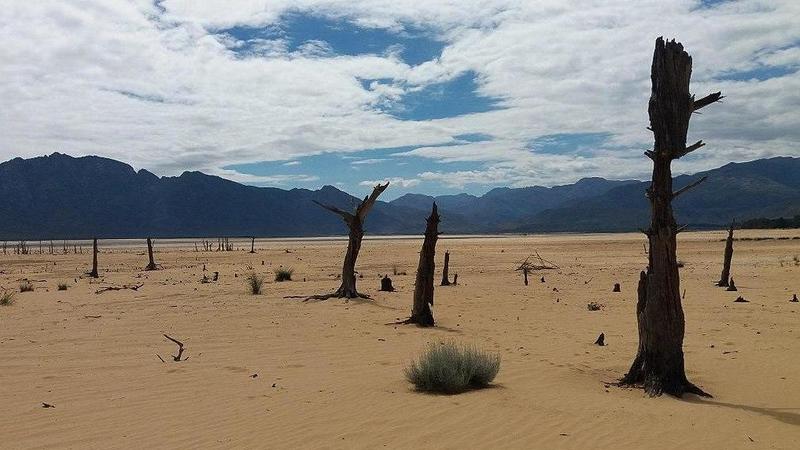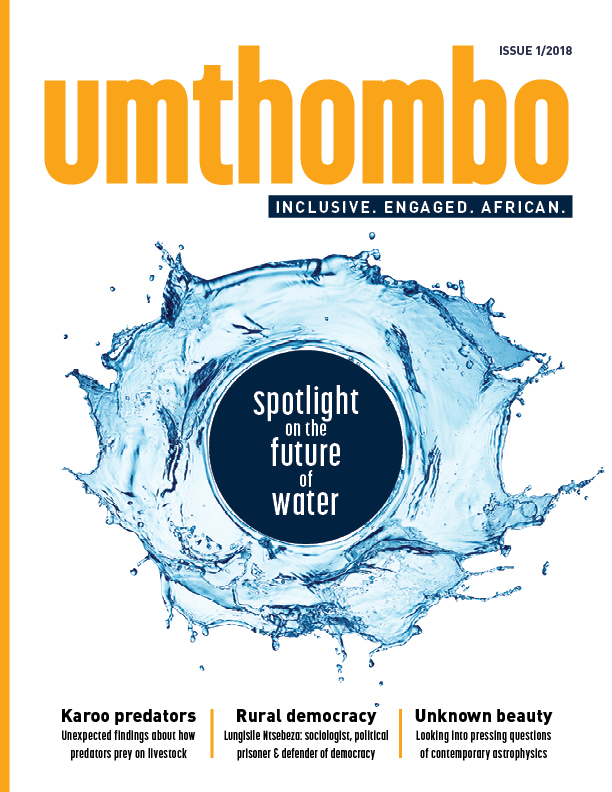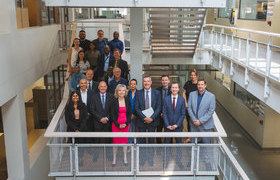5 lessons learnt from Cape Town’s water crisis
03 July 2018 | Story Kevin Winter. Photo Zaian Wikipedia Read time 5 min.
There is a general perception that climate change will be slow and methodical, which will allow governments time to systematically adjust their plans and policies. Reality is different. Over the past three years, Cape Town and the surrounding region have experienced an abrupt change in weather conditions with three successive years of the lowest annual rainfall on record. There are five lessons to be learnt from the crisis.
- Cities need to adapt much faster to climate change. One of biggest lessons for Cape Town is that storage dams are not reliable when there is inadequate rainfall to recharge them. Almost 98% of Cape Town’s water supply comes from surface water dams. A diversity of water sources and supplies is required to climate proof the city. In addition, the urban water cycle must be re-examined. We need to become smarter about capturing rainfall, treating and storing storm water, and reusing treated water and effluent for a variety of purposes.
- Local government has to take a decisive lead together with citizens, communities and businesses – and researchers. National government is too slow to deal with abrupt changes at a city scale. Intergovernmental cooperation is necessary but actions are not timely or at the appropriate scale.
- “You can’t manage what you don’t measure” is a rallying cry for effective management. A city without reliable data cannot second-guess its way out of a water crisis. There is a host of emerging technological knowledge and capabilities, but technology is only helpful if it is reliable, and accompanied by public education and acceptance.
- Communication from the local authority will be put to the test. This is a space that is contested between politicians and technical managers, and will be filtered in unexpected ways through social media platforms. While the City of Cape Town was acknowledged by international water associations for its weekly reporting on the state of water resources, this did little to contain widespread criticism and misinformation that was shared in public domain.
- Establishing public trust and confidence in the management of water resources is key to achieving widespread cooperation in water-saving behaviour.
Climate variability is brutal and unpredictable. Exactly how cities prepare for the global onslaught will depend to some extent on their available financial, technical and human capital resources, but it will largely depend on new forms of governance systems, which might still need to be invented to deal with an uncertain future.
Dr Kevin Winter is a theme leader at UCT’s Future Water Institute.
 This story was published in the inaugural issue of Umthombo, a magazine featuring research stories from across the university.
This story was published in the inaugural issue of Umthombo, a magazine featuring research stories from across the university. Umthombo is the isiXhosa word for a natural spring of water or fountain. The most notable features of a fountain are its natural occurrence and limitlessness. Umthombo as a name positions the University of Cape Town, and this publication in particular, as an undepletable well of knowledge.
Read the complete first issue online or subscribe and receive new issues in your inbox every few months.
 This work is licensed under a Creative Commons Attribution-NoDerivatives 4.0 International License.
This work is licensed under a Creative Commons Attribution-NoDerivatives 4.0 International License.
Please view the republishing articles page for more information.
Research & innovation





































